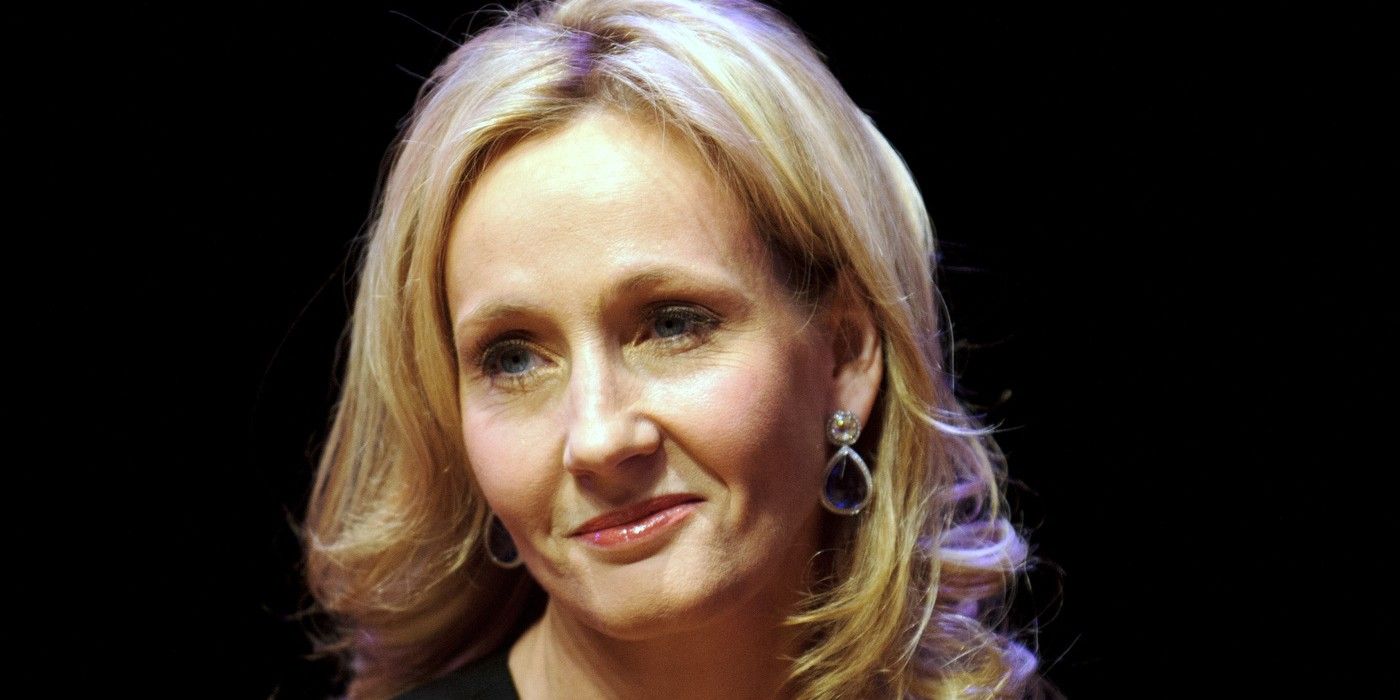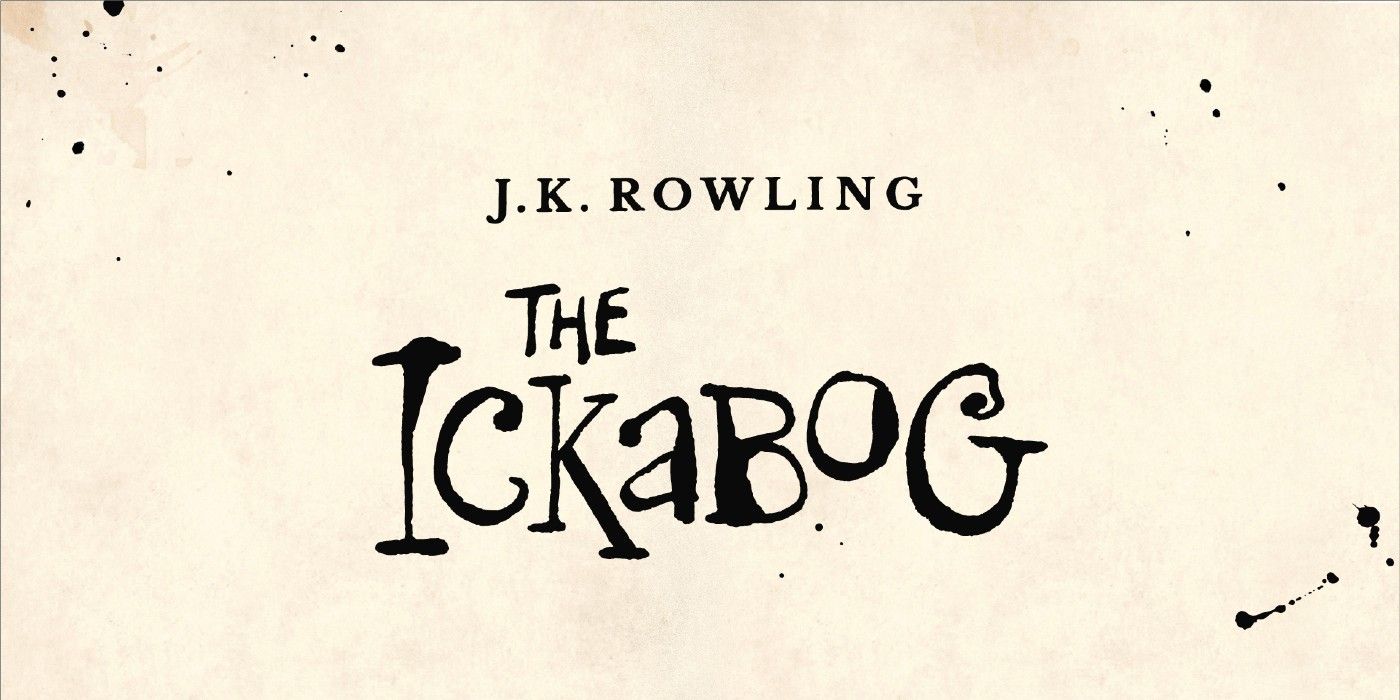Hachette, the publisher of J.K Rowling's children's fairytale Ickabog, says her recent anti-trans tweets are examples of freedom of speech and won't let their employees recuse themselves from working on the book. Rowling is best known for the Harry Potter novels, which comprise the best-selling book series of all time, and spawned eight blockbuster films. She has also written a series of crime novels under the pen name Robert Galbraith and is the scriptwriter of the Fantastic Beasts movies set in the Wizarding World.
Rowling recently courted controversy with a series of transphobic tweets. It started when she shared an article called "Opinion: Creating a more equal post-COVID-19 world for people who menstruate," alongside a tweet saying, "People who menstruate.’ I’m sure there used to be a word for those people. Someone help me out. Wumben? Wimpund? Woomud?" The author has been criticized by many, including Harry Potter stars Daniel Radcliffe, Emma Watson, Rupert Grint, and Katie Leung, as well as from the wider community, even managing to get backlash from some of the stars of Ru Paul's Drag Race.
However, Hachette, who are publishing Ickabog, have told The Bookseller they stand behind Rowling's right to freedom of speech, and say her tweets won't affect the publication of the book. The publisher released the statement in response to several employees who had threatened to stop working on the book, according to The Daily Mail. In the statement, Hachette says they respect an employee's right to refuse to work on a book that has content that offends their views, and they will not allow them to down tools on a project because they disagree with the opinions of the author outside of the work. Hachette's full statement can be read below.
"We are proud to publish J K Rowling’s children’s fairytale The Ickabog. Freedom of speech is the cornerstone of publishing. We fundamentally believe that everyone has the right to express their own thoughts and beliefs. That’s why we never comment on our authors’ personal views and we respect our employees’ right to hold a different view. We will never make our employees work on a book whose content they find upsetting for personal reasons, but we draw a distinction between that and refusing to work on a book because they disagree with an author’s views outside their writing, which runs contrary to our belief in free speech."
The company also said they would talk privately to each of the employees who had spoken out, and they will deal with matters like this on a case-by-case basis. The threatened walkout echoed a similar reaction at the publisher when it was announced they'd be publishing Woody Allen's memoir. That action was successful, resulting in Hachette pulping Allen's book.
Hachette made it clear they see this situation as different from the Allen book. The reasoning does make sense on the surface of things. Rowling's book shouldn't contain any transphobic content, given it's a children's fairytale. At the same time, Allen's memoir either would have had to confront the accusations of sexual abuse that have dogged his career or, at the very least, would have ignored them entirely, which sends its own message. That means employees would have implicitly been agreeing with Allen's views. That's not the case with Rowling's book. However, there is something to be said with the employee's discomfort promoting and profiting off a creator who is anti-trans. If Rowling had made anti-Semitic or racist remarks, would Hachette feel as comfortable continuing to publish her work?
Rowling responded to the transphobia allegations and attempted to explain herself, although in doing so, she only dug firmer into her anti-trans position. It would be interesting to see if Hachette responded the same way if the author involved had a lower profile. Rowling's name guarantees a book is going to sell well (likely better than Allen's book would have), and the cynical response to Hachette's stance would be to say that maybe they had profit in mind with their decision. We can never know, but it's clear the Harry Potter creator's tweet hasn't led to her being "canceled" in the eyes of her publisher.
More: What JK Rowling's Anti-Trans Controversy Means For Fantastic Beasts 3
Sources: The Bookseller/The Daily Mail/BBC



